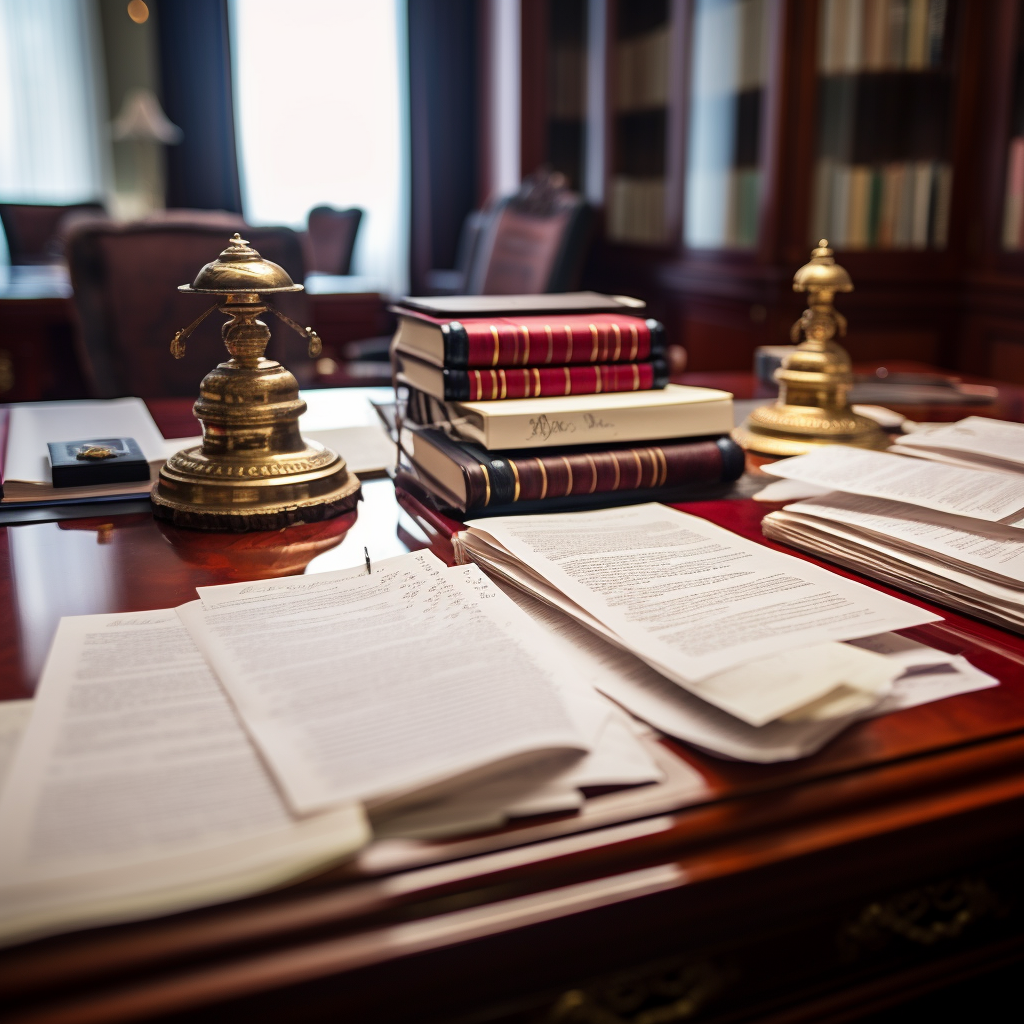The Power of Evidence in Personal Injury Lawsuits
No one ever expects to be involved in a personal injury lawsuit. Yet, if you have been injured through no fault of your own, you should know your rights and feel confident to fight for what you’re owed. If you find yourself in such a situation, one factor can dramatically shape your outcome: evidence.
Understanding Personal Injury Lawsuits
Before delving into the power of evidence, let’s properly understand what a personal injury lawsuit entails. A personal injury lawsuit is a legal dispute initiated by a person who has suffered harm due to someone else’s negligence or intentional misconduct. The person responsible (defendant) may be an individual, a company, or a government agency. Evidence can play a vital role in shaping your case, regardless of the defendant “type.”
The Cornerstone of Your Case: Evidence
The role of evidence in a court hearing cannot be overstated. It is the fundamental building block of your case. The evidence you collect can serve various functions: it corroborates your narrative, contradicts the defendant’s arguments, and paints a vivid picture of the incident for the court.
In essence, evidence is the axle around which your personal injury lawsuit revolves. Without it, your case may falter like a vehicle without wheels. That’s why it is important, and you should feel confident, hiring the best attorney possible to handle your case – one that has experiencing handling evidence, dealing with potential objections, and advocating as aggressively as possible for your maximum recovery.
The Varieties of Evidence
Evidence is not one-size-fits-all. It varies depending on the circumstances of the incident. Here’s an overview:
Physical Evidence
This is tangible material evidence—a damaged vehicle from a car crash; clothing stained with blood; or a malfunctioning product that caused injury.
Documentary Evidence
This includes documents like medical records, incident reports, or email exchanges between parties that can shed light on the incident.
Testimonial Evidence
This is evidence provided by witnesses. It could be an eyewitness account of the incident, or expert testimony to help understand complex issues like medical conditions caused by the incident.
Demonstrative Evidence
This type of evidence helps the jury visualize or understand complicated facts. Maps, diagrams, simulations, or even animations could be demonstrative evidence.
Gathering the Right Evidence
Gathering the right evidence requires meticulousness and foresight. Be thorough in documenting your accident and injuries. Keep records of all medical treatments, note down witnesses, and report the incident immediately.
The Art of Presenting Evidence
Even the most compelling piece of evidence can lose its effectiveness if not presented in the right manner. This is why the assistance of an astute attorney can be invaluable. They can expertly argue the connection between the evidence and the defendant’s liability, ensuring that the importance of your evidence is not lost on the jury.
Conclusion
The power of evidence is transformative in personal injury lawsuits. It is the compass guiding your journey to justice, the lighthouse beckoning the jury towards your truth. Remember, it’s not just about having evidence, it’s about having the right evidence and deploying it effectively.
FAQs
1. What is the first step in gathering evidence for a personal injury lawsuit?
Your first step should be to seek medical attention. Besides ensuring your well-being, it provides crucial evidence of your injury.
2. Can photographs be considered as evidence in my personal injury lawsuit?
Absolutely. Photos provide visual proof of your injuries, the accident scene, and any other physical evidence relevant to the case.
3. Can I use social media posts as evidence in a personal injury lawsuit?
Yes. If these posts are related to the incident or show the extent of your injuries, they can be evidence. However, be mindful of what you post on social media, as it can also be used against you.
4. How does testimonial evidence affect the outcome of my case?
The testimonies of eyewitnesses and experts can significantly impact your case. They can lend credence to your narrative and contradict the defendant’s argument.
5. What role does a lawyer play in presenting my evidence?
The way evidence is presented can shape the lawsuit. A seasoned lawyer knows how to strategically organize and present evidence, arguing its relevance and persuasiveness.








